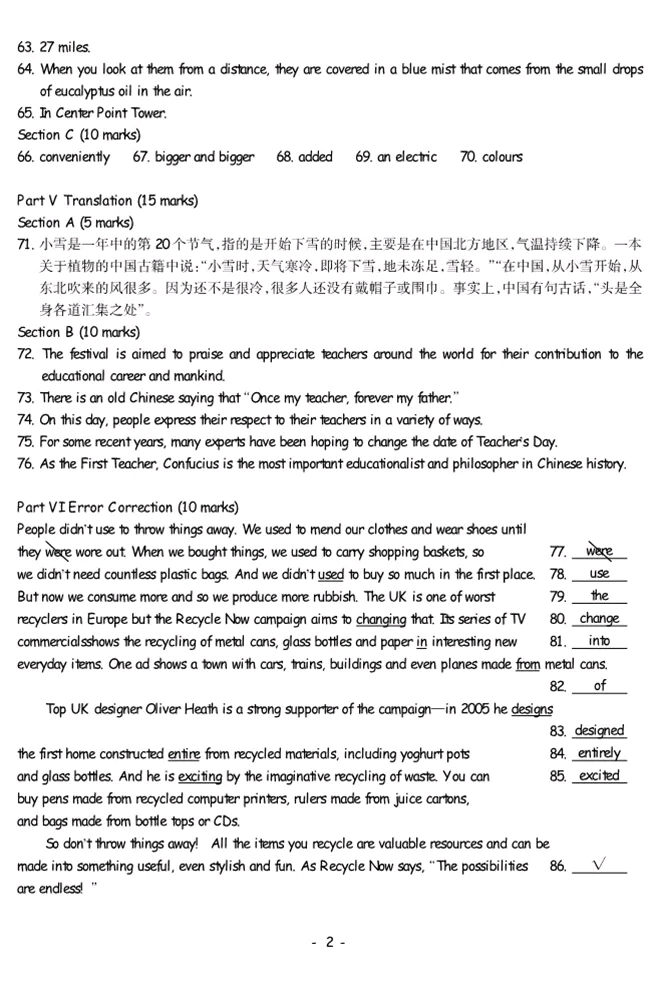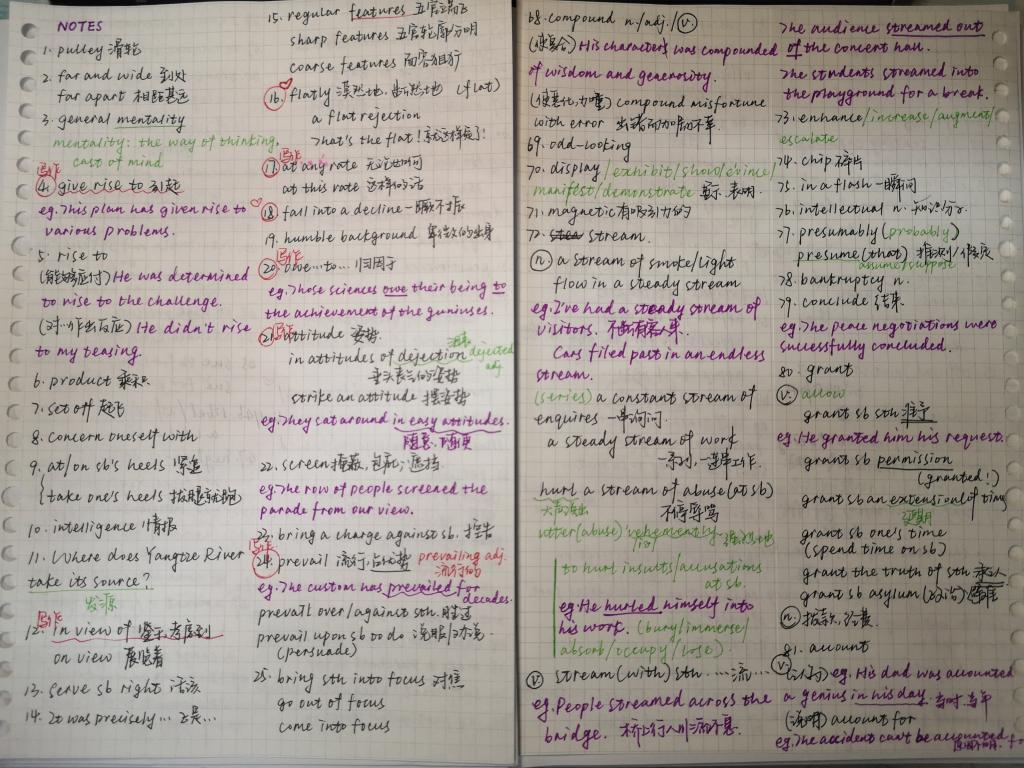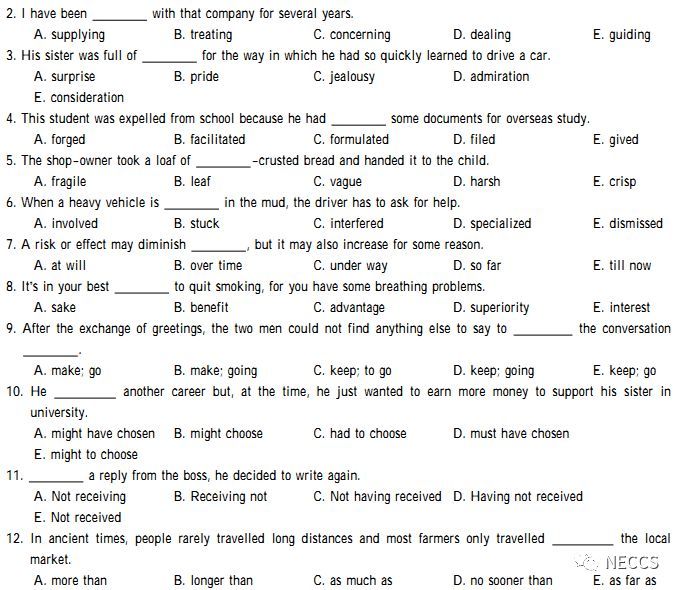Dr. Sarah Lin (Drama Coach, Stanford)
"Many student scripts lack conflict. A play without tension is just a conversation. Always ask: What’s at stake?"

James Whitmore (Award-Winning Playwright)
"Humor works wonders, but don’t force it. Authentic character dynamics make even simple plots shine."

Prof. Elaine Carter (Theatre Director, NYU)
"The best student scripts balance relatability with originality. A strong opening scene is non-negotiable—grab attention in the first 30 seconds."

1. Choosing the Right Theme for Your English Short Play
The first step in writing a compelling English short play script for college students is selecting a theme that resonates with your audience. College students often appreciate:

2. Developing Memorable Characters
A great script hinges on well-developed characters. Since most college English short plays have limited time (10-20 minutes), each character should have a distinct personality. Consider:

3. Structuring Your Script for Maximum Impact
A well-structured play follows a clear beginning, middle, and end:
4. Adding Humor, Drama, or Suspense
Depending on your theme, you can enhance your script with:
5. Polishing & Rehearsing the Final Draft
Before performance:
Expert Reviews: What the Critics Say
To conclude, let’s hear from seasoned drama instructors and playwrights on what makes a college English short play script successful:
Final Thoughts
Crafting an outstanding English short play script for college students is both an art and a skill. By focusing on theme, character depth, structure, and audience engagement, you can create a performance that leaves a lasting impression.
Would you like a sample script to get started? Let us know in the comments!
In this guide, we’ll explore the essential elements of a successful college-level English short play, from brainstorming ideas to polishing the final draft. By the end, you’ll have the tools to create a script that stands out—whether for humor, drama, or social commentary.
Now, it’s your turn—grab a pen, brainstorm ideas, and bring your story to life!
This exchange instantly establishes tension and character dynamics.
This keeps the audience invested.
- Opening Scene – Hook the audience immediately (e.g., a dramatic argument, a funny mishap).
- Rising Action – Introduce conflicts (e.g., a secret revealed, a challenge accepted).
- Climax – The turning point (e.g., a confrontation, a sudden twist).
- Resolution – A satisfying conclusion (e.g., a lesson learned, an unexpected reconciliation).
Pro Tip: Keep dialogue natural but impactful—avoid long monologues unless necessary.
- Read Aloud – Ensure dialogue flows naturally.
- Edit Ruthlessly – Cut unnecessary scenes.
- Get Feedback – Have peers or professors review it.
A refined script ensures smooth execution on stage.
- Social Issues (e.g., mental health, peer pressure, environmental concerns)
- Campus Life (e.g., roommate conflicts, exam stress, extracurricular struggles)
- Classic Literature Adaptations (e.g., modern twists on Shakespeare or Dickens)
- Comedy & Satire (e.g., exaggerated stereotypes, humorous misunderstandings)
Pro Tip: A strong theme keeps the audience engaged and provides a clear direction for your script.
- The Protagonist – Who drives the story? (e.g., a shy student overcoming stage fright)
- The Antagonist – Who creates conflict? (e.g., a strict professor or a competitive peer)
- Supporting Roles – Who adds depth? (e.g., a quirky best friend, a wise mentor)
Example Dialogue:
"You think you’re ready for the debate? The last time you spoke in public, you froze for five minutes!"
- Witty Dialogue (for comedy)
- Emotional Monologues (for drama)
- Unexpected Plot Twists (for suspense)
Example Twist:
A student who faked confidence for a leadership role is exposed—but instead of ridicule, they receive unexpected support.
Crafting the Perfect English Short Play Script for College Students: A Step-by-Step Guide
Writing an engaging English short play script for college students requires creativity, structure, and an understanding of what makes a performance memorable. Whether you're preparing for a drama competition, a classroom assignment, or a cultural event, a well-crafted script can captivate both performers and audiences.
相关问答







